-825 GMC amphibie type DUKW (1963-1971)
Greetings all
Attached are a series of photographs of this model. At the end I have asked a question, in fact I have asked many questions and I hope someone can answer them for me. As far as I can ascertain, Australia was never a commercial recipient of the products of the French factory. Certainly I never saw them with me living "in the bush" or "out in the province", but that does not mean that a small quantity were imported and sold in the capital cities.
I presume this model is one of the early issues as it does not have a driver. I have also not unwrapped whatever is inside the grease-proof packaging. Perhaps I should reward myself by doing so!! :laugh: :laugh:
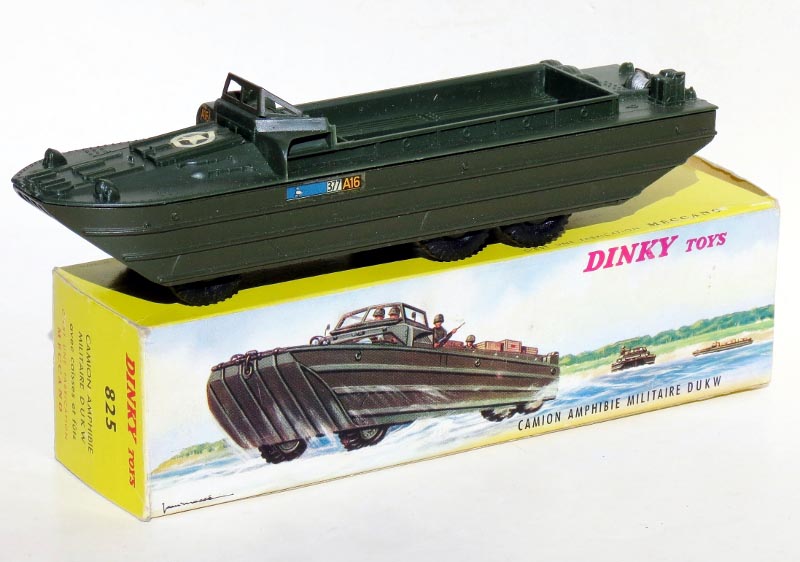
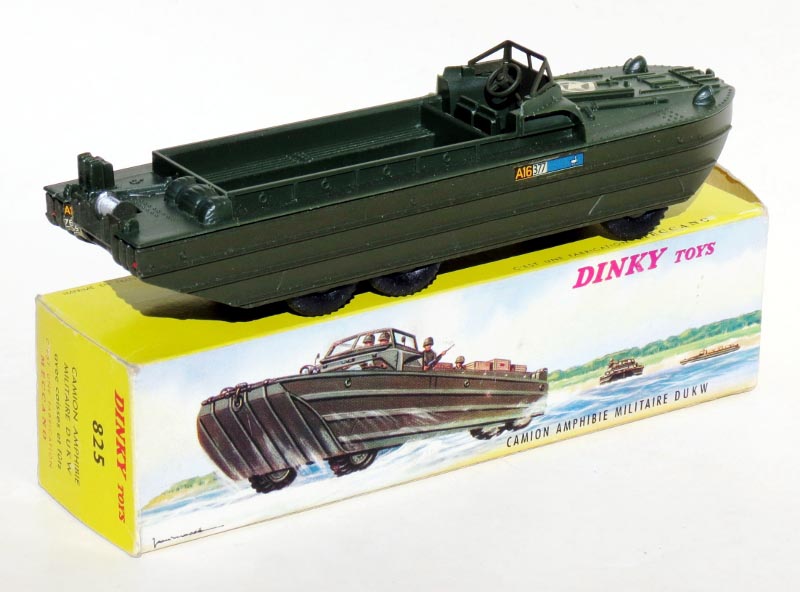
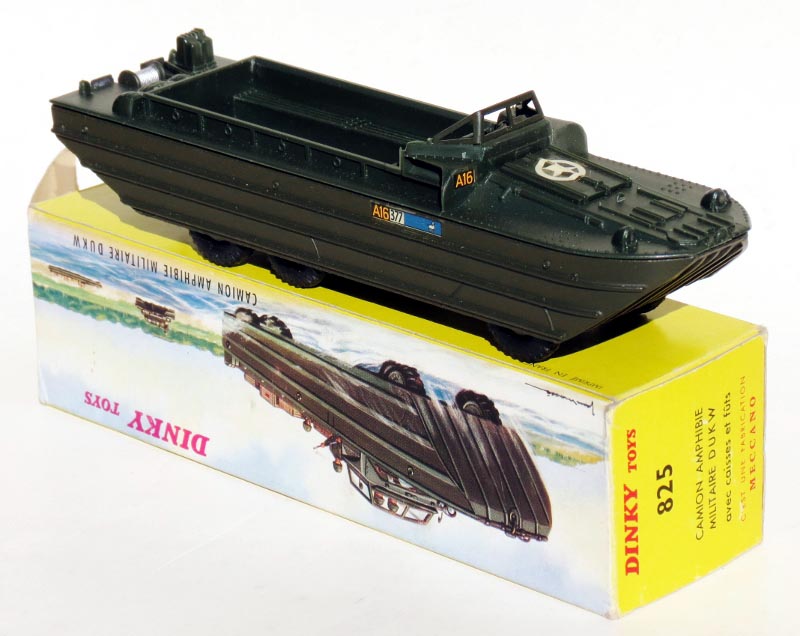
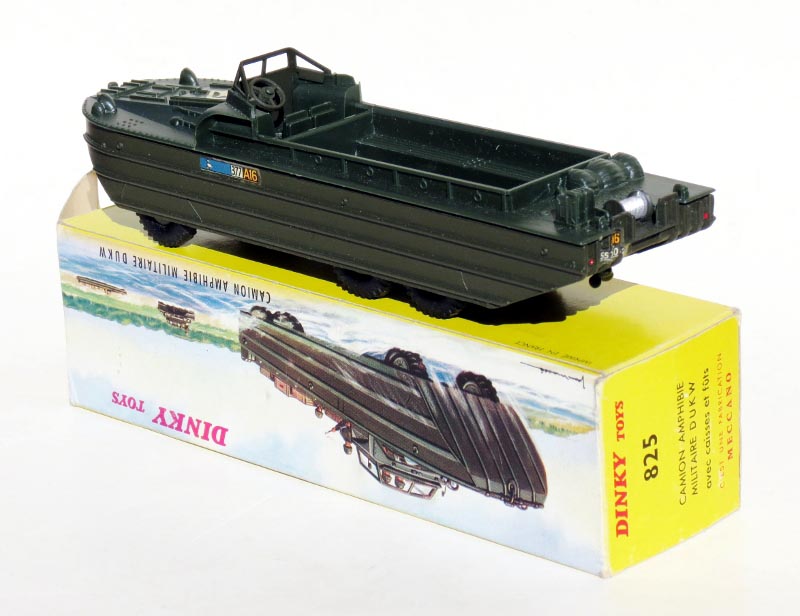
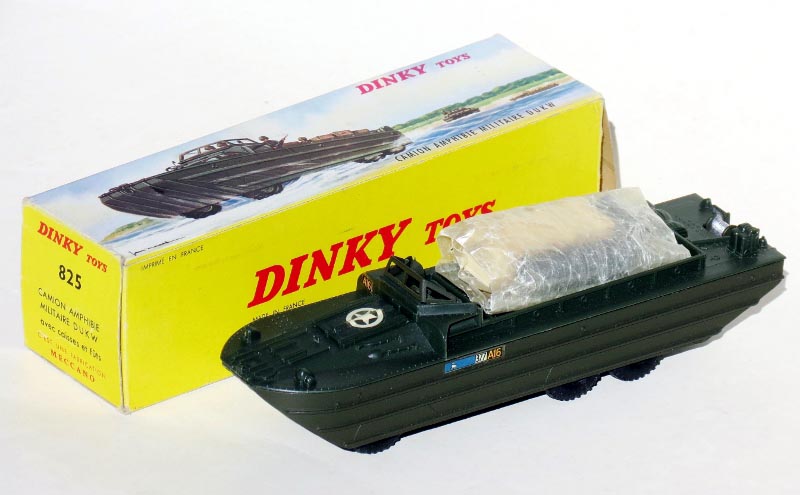
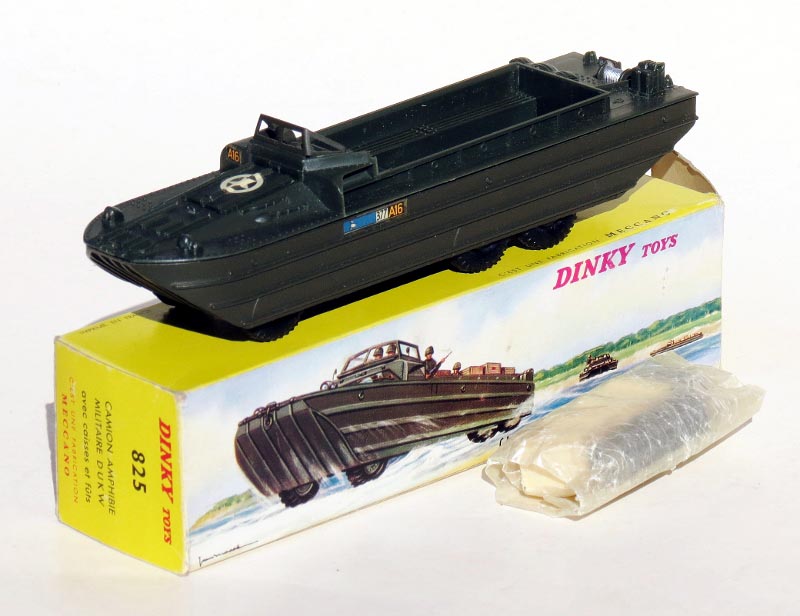
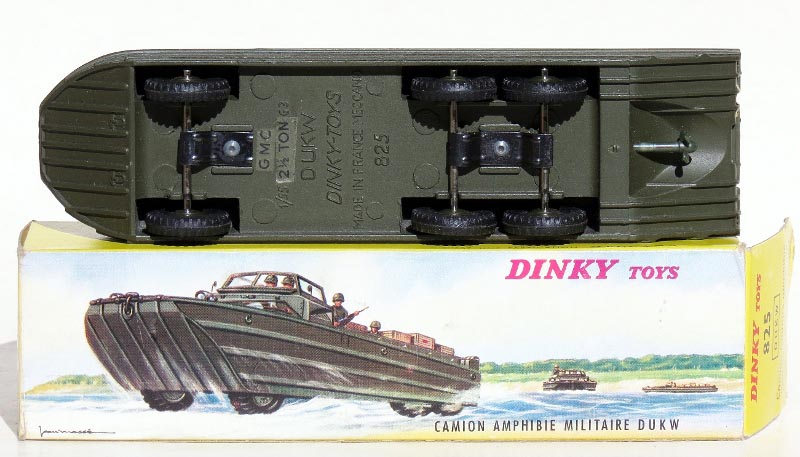
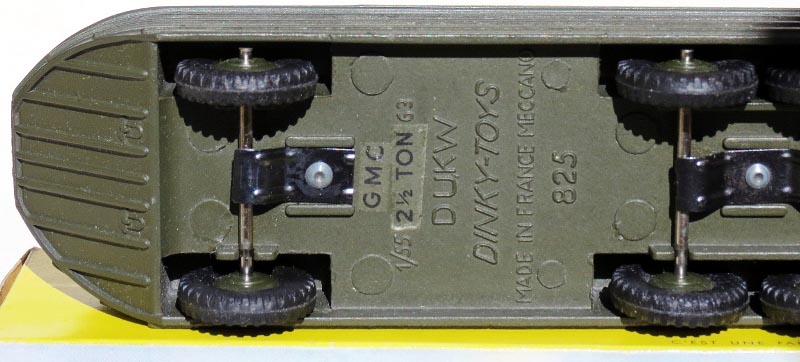
The last two images are the ones pertaining to my question. You will note that "GMC 2 1/2 TON" has been added as a sort of sticker. Is this normal, or has some previous owner of this model added this for some reason?
Lastly, I presume the 1/55 reflects the model's scale, however there are numerals at the end of the sticker which states 63. Does this reflect the year the model was released, 1963? Were these numerals amended each year the model was in production?
Kind regards
Bruce

825 Chevrolet DUKW.
Bruce,
Your model probably needs cleaning from all the transfers and stickers as no transfers were provided with this model.
Your DUKW is probably an early one as there is no driver. This driver was also fitted to the Jeeps 80 bp, 828 and 829, it was not made by Meccano but by Fonderie Roger under the marque PR. PR also made the 49D petrol pumps station and some other figures for Meccano.
You are right, 1/55 is the scale and 63 is the date when it should have been issued, in fact it was issued in 1964. Many models of that period were dated but the date never changed.
My picture shows the contents of the paper bag, 3 barrels and two crates from the Meccano factory in Calais.
This is the code for the name of this vehicle :
Jacques
I presume "all the transfers and stickers" include the two on the base?
Interesting to see that one of the previous owner referred to the model as a GMC as shown with the base transfer, whereas the picture you provided with your post has Chevrolet which was a division of General Motors, with GMC being also a division of General Motors.
The DUKW was used extensively in Australia and were invaluable during the major flood crisis in 1955. Some still exist, ferrying tourists in the Fraser Island area in Queensland and elsewhere. Later day versions still ply their trade in Singapore.
Kind regards
Bruce
There were two DUKWs still in tourist use in the UK until two accidents/fires last year, thankfully with no fatalities.
They are no longer operating!!!
Dave
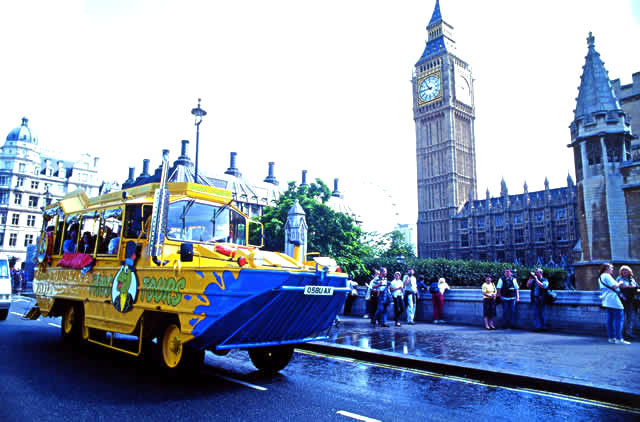
This is probably the one David is refering to.
The Dukw is made of the same mechanical parts as the CCKW : engine, runing gear etc... The transfer box is probably different so that the propeller and rear which could be connected.
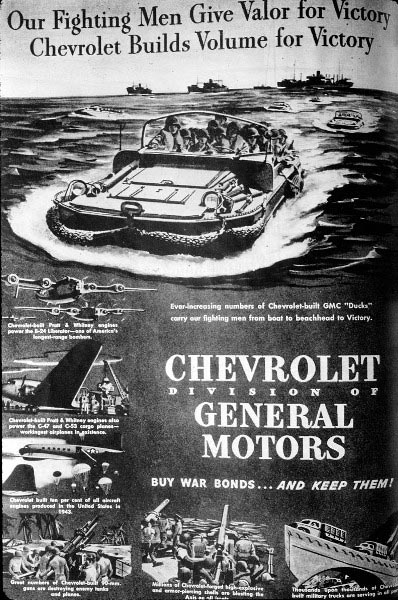
They were assembled by the Chevrolet division of GM as stated by this advertissement.
Yes Bruce, you should also remove the two stickers on the base.
Or, perhaps David saw this one :
Desdemona
Or this one :
Titania
;)
Richard
There were two that got into difficulties, one in London and the other in Liverpool.
As far as I know none of them are now operating.
Dave
Jacques
Thank you for the suggestions regarding the transfers on my model. However, I think I will leave them "as is" and let the next owner decide on their fate.
However, while looking at the model again, can anyone tell me why there is a hyphen between DINKY and TOYS?

Does Monsieur Hyphen appear on other Dinky Toys from France?
Bruce
Yes Bruce.
On the Ford ESSO tanker and probably on some others;
We have also DINKY TOYS in inverted commas as on the Ford vedette. Why .... I don't know !
Friendly yours
Richard
Thank you Richard. I have had a look at your previous posts on the Ford Esso tanker, and noted all the various responses.
Hopefully one of these days we will learn the reason Meccano France whacked in a hyphen between DINKY and TOYS !! :laugh: :laugh:
Kind regards
Bruce
In fact the hyphen is not wrong but it has been forgoten perhaps deliberately on the drawing for registering the trade mark. As both DINKY and TOYS can not be separated, there should be a hyphen.
see :
http://en.wikipedia.org/wiki/Hyphen
I doubt that we will ever know why these models were hyphenated or why the Vedette 1949 had these inverted commas.
In January last year, Dave made reference to several DUKW's operating in and around London at least until 2010 (as per Richard's post) and that unfortunately, due to several fires, they have been withdrawn.
With all the hustle and bustle, I completely forgot that Singapore has a number of them operating as "Singapore Ducktours". In November 2009 my wife and I visited our youngest daughter who was then working in Singapore and one day we went on a "Ducktour" around to Marina Bay.
Attached are a few images of our excursion that day, which shows that the DUKWs in Singapore still retain much of their original design, unlike their brethren in London.
As far as I know, the small fleet are still operating to this day as it is a very popular tourist excursion according to their website. So if anyone wants to have a ride in one of these venerable old amphibious crafts, then a trip to Singapore is a necessity!
Kind regards
Bruce (150)
20160401/859/0256
They look nice Bruce.
Before I retired I travelled very extensively to Asia on business and went many times to Singapore, a country I love very much.
I do not remember them having DUKWs fourteen years ago but then I spent most of my time in an office, or in hotels doing presentations - good times.
Dave
Bruce,
These are not DUKW, everything is different. The DUKW is a six wheeler, the hull is completely different. The Singapore crafts are probably modern vehicles. Never the less it must be a nice way to visit Singapore.
Jacques, like everything else, you are perfectly correct. These are in fact Lighter, Amphibious, Re-Supply, Cargo, 5-Ton vehicles, or LARC-V. The vehicles were used extensively by the US Army in Vietnam. The Australian Army still operates a small number, several were used during the Queensland floods in 2011. I can only presume I was thrown off-course (overboard would have been better!) when these vehicles in Singapore were referred to as Ducks!
As for my last Post, I will be taking the liberty of deleting it in due course, as there is little point having a Post not related to the subject in hand. In future I will stick to matters I know from now on which is pretty limited. I will also do the same with this Post eventually.
Lastly, the following images are in fact LARC-V vehicles.
Bruce (150)
20160401/864/2040
I recently acquired this French Dinky 825 DUKW. The main reason for obtaining this particular model was because of the wheels, usually concave or convex. In this case they are quite different, having prominent nuts and a different shape. The tires appear to be the same as Dinky but why anyone would go to the trouble of changing these wheels is quite a mystery. If anyone has any ideas I would like to hear them.
Chris.
Hello Chris,
Is this very peculiar model of the type with or without driver ?
Also on the last picture above, are the two brackets holding the wheel axles painted ?
thankd and regards.
Jacques
Hello Jacques,
Here are some more pictures of the DUKW. It came with a driver and a set of the barrels and crates and also a good original box.
The brackets at each end of the axles are painted the same as the rest of the model. The spring brackets in the middle of the axles are held onto the body with rivets which have not been disturbed, and are painted black. This is all consistent with the 2 other DUKW's that I have.
Hope this answers your questions but if you need any more information let me know.
Regards,
Chris.
Those wheels and axles are from a Solido military model. The original axle retainers can very easily be bent, allowing the axles to fall out and become lost
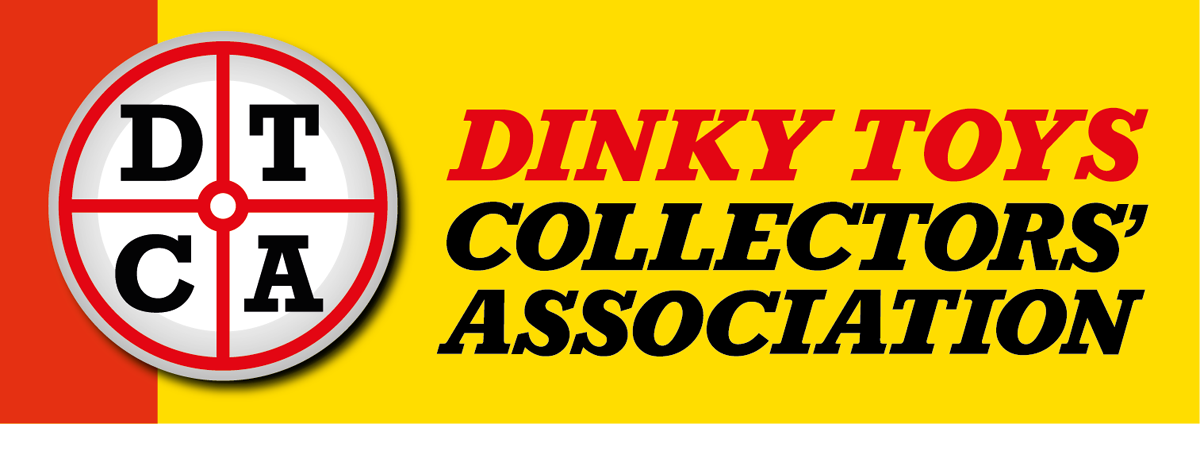

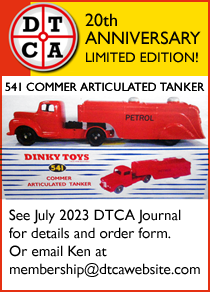
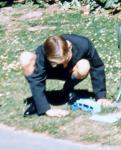
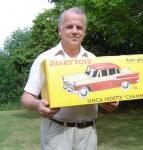

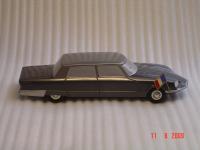
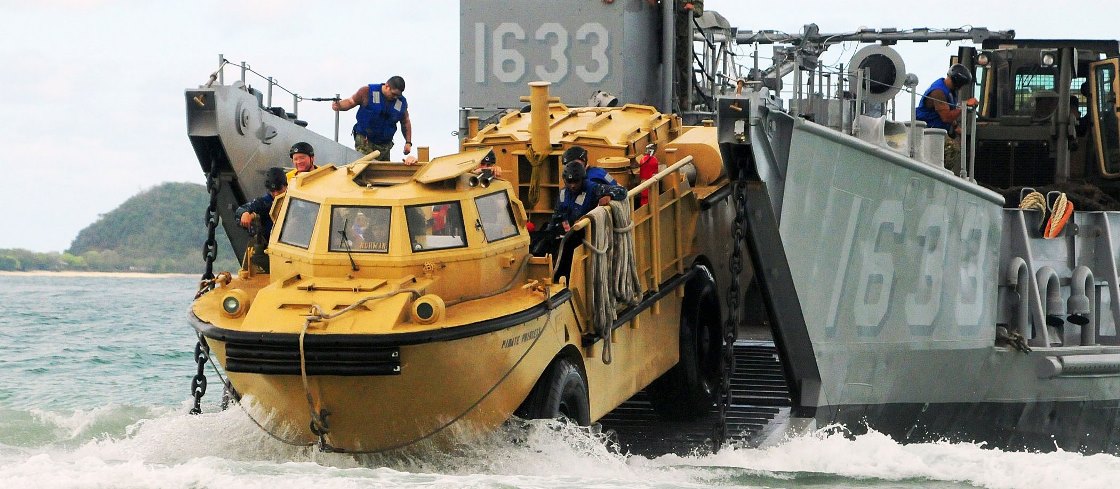

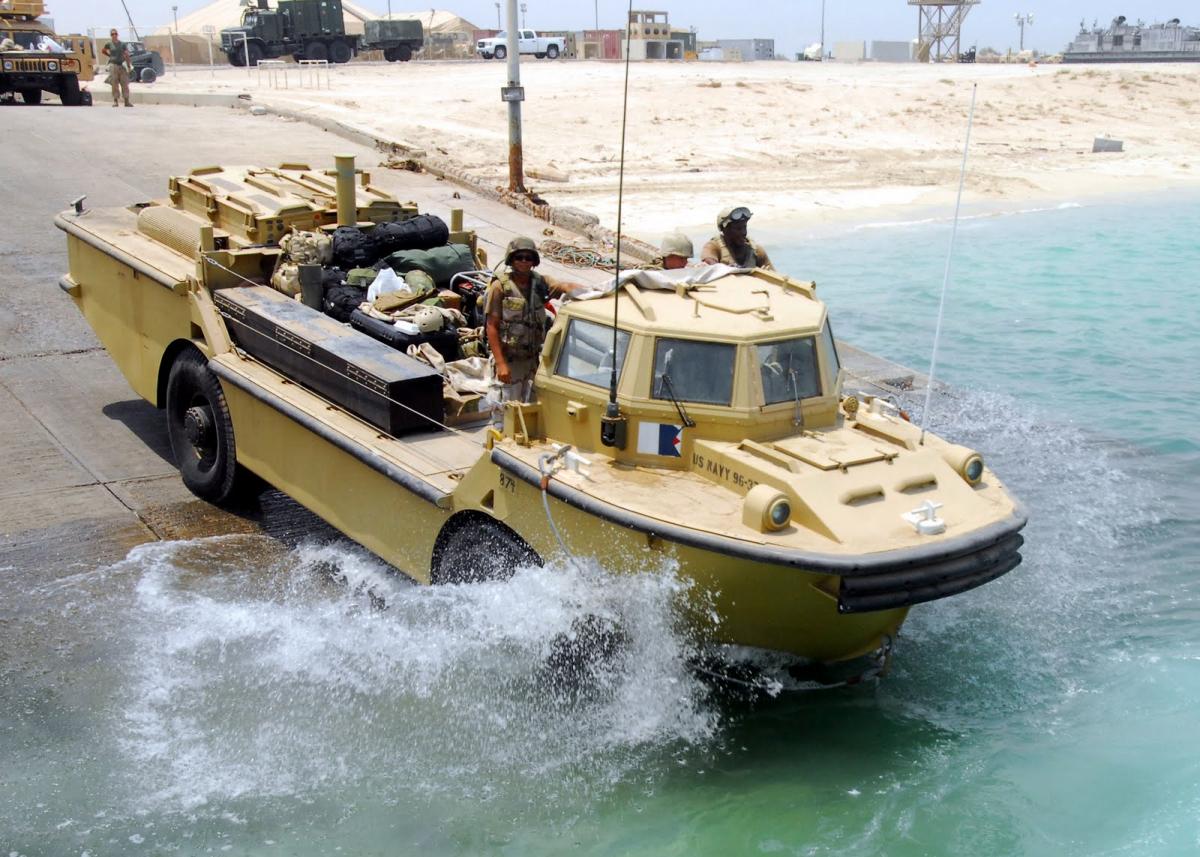
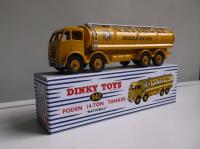
Membership renewal
Membership renewal
Membership renewal
-Boxes General Discussions including end flaps, both British and French
Membership renewal
Membership renewal
-537 Renault 16 TL
-Boxes General Discussions including end flaps, both British and French
-Boxes General Discussions including end flaps, both British and French
-Boxes General Discussions including end flaps, both British and French
-Boxes General Discussions including end flaps, both British and French
DTCAwebsite upgrade 2023
DTCAwebsite upgrade 2023
DTCAwebsite upgrade 2023
616-AEC with Chieftain Tank
DTCAwebsite upgrade 2023
DTCAwebsite upgrade 2023
DTCAwebsite upgrade 2023
-073 Land Rover, Horse Box and Horse (1960-67)
DTCAwebsite upgrade 2023
-073 Land Rover, Horse Box and Horse (1960-67)
DTCAwebsite upgrade 2023
DTCAwebsite upgrade 2023
-105c and 383 4-Wheel Hand Truck (1949-1958)
-105c and 383 4-Wheel Hand Truck (1949-1958)
DTCAwebsite upgrade 2023
DTCAwebsite upgrade 2023
DTCAwebsite upgrade 2023
DTCAwebsite upgrade 2023
DTCAwebsite upgrade 2023
DTCAwebsite upgrade 2023
DTCAwebsite upgrade 2023
DTCAwebsite upgrade 2023
DTCAwebsite upgrade 2023
DTCAwebsite upgrade 2023